Learners with special needs under the Competency-Based Curriculum (CBC) will receive targeted vocational training in Senior schools designed to equip them with practical skills and prepare them for the world of work.
Senior Schools shall provide appropriate support and accommodations for learners with disabilities or special educational needs, including individualized learning plans and specialized teaching methods
According to guidelines published by the Ministry of Education, the CBC will be delivered through a stage-based pathway for learners with profound intellectual disabilities, deaf blindness, severe autism, severe cerebral palsy, and multiple disabilities.
The pathway is organized into four levels — Foundational, Intermediate, Pre-Vocational, and Vocational.
Competency-Based Curriculum for Learners with Special Needs at the Vocational Level
The pioneer cohort of Pre-Vocational learners is expected to transition to Special Stage-Based Vocational Schools in January 2026.
The Vocational Level is the final stage of the pathway, focusing on building technical competencies and self-reliance among learners with special needs.
The transition from the Pre-Vocational to Vocational Level will be based on classroom, school-based, and summative assessments, including the Kenya Pre-Vocational Level Education Assessment (KPLEA), administered by the Kenya National Examinations Council (KNEC).
At the vocational level, learners will specialize in one skill area based on their interests and abilities.
The decision on which area to pursue will be made collaboratively by the institution, the learner, and their parent or guardian.
Areas of specialization include carpentry, plumbing, electrical engineering, fashion design, hospitality, and information technology.
Also Read: Govt Reveals How Parents Will Pay Fees in Senior Schools
Learning Areas That Will Be Offered
Under the curriculum, learners with special needs will be trained in a wide range of practical and technical areas designed to equip them with employable skills and promote self-reliance.
The Ministry of Education has outlined 40 vocational learning areas from which learners can specialize based on their interests and abilities.
The training will cover diverse fields, including basic automotive maintenance, plumbing, carpentry, masonry, and welding, which prepare learners for technical and mechanical careers.
Others will focus on creative and design-based skills, including dressmaking, tailoring, fabric decoration, embroidery, crocheting, and leatherwork.
Learners will also be introduced to various beauty and personal care courses, including hairdressing, barbering, massage therapy, pedicure, manicure, and beauty therapy.
Additionally, courses like floriculture, food packaging and value addition, crop farming, and animal rearing.
Other specialized areas include panel beating, sculpture making, pottery and ceramics, printing technology, office operations, basic electronics repair, and event layout and decoration.
At the same time, they will also explore various creative arts, including painting, paper craft, picture framing, weaving, and playing musical instruments.
Also Read: Govt Announces Ksh53,000 Fees for All Senior Schools
Support Subjects
In addition to vocational training, learners will take support subjects such as Physical Education and Sports to promote fitness and health, and Religious Education (CRE, IRE, or HRE) to nurture moral values and life skills.
Every Special Stage-Based vocational school shall offer a Pastoral/Religious programme of Instruction to enhance the moral, spiritual, and character development of the learner.
Schools have been reminded not to compel learners to participate in religious activities that contradict their beliefs, in line with a Ministry of Education circular issued on March 4, 2022.
Each learner will attend 40 lessons per week — 32 for vocational skills, four for Physical Education and Sports, three for Religious Education, and one for the Pastoral Programme.
Learning will be individualized, with time allocation depending on a learner’s completion and mastery of specific skills.
The timetable will run from 8:00 a.m. to 4:00 p.m., Monday to Friday, in line with the Basic Education Regulations of 2015, with all activities before and after lessons clearly indicated on the timetable.
Follow our WhatsApp Channel and X Account for real-time news updates.


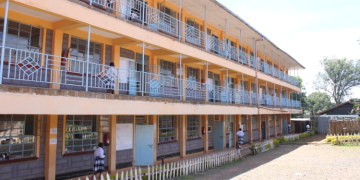


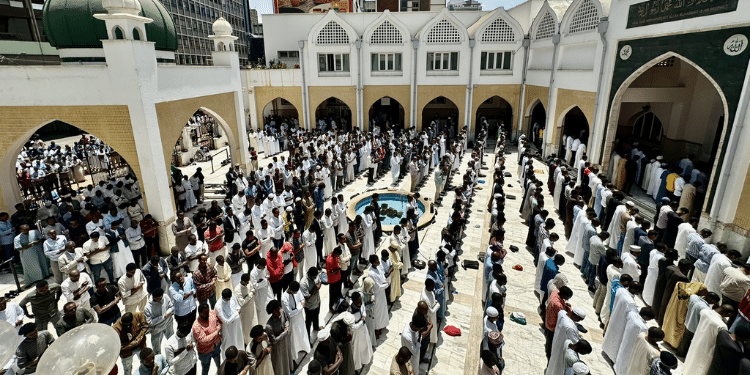
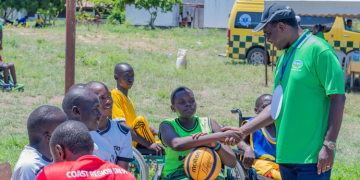
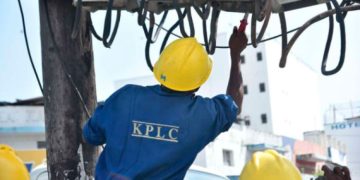
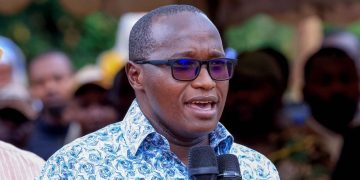
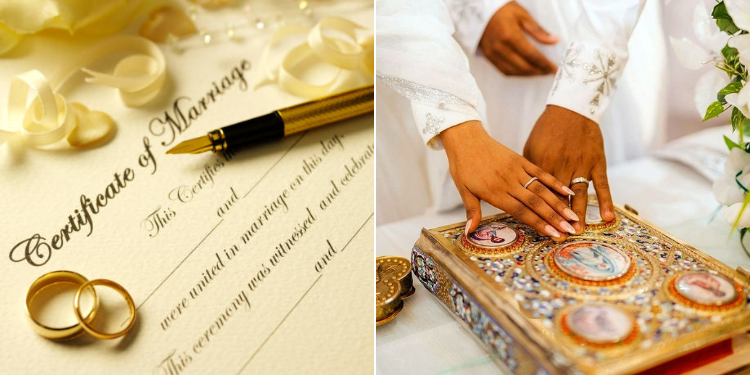







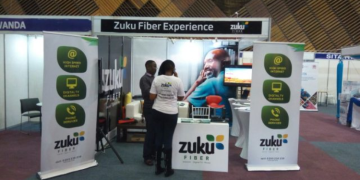
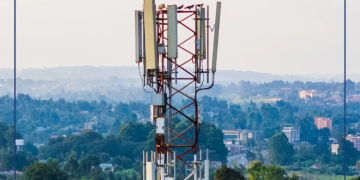
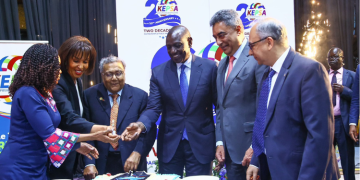
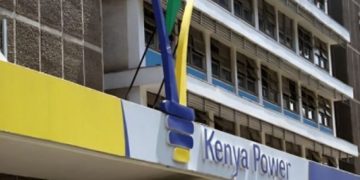
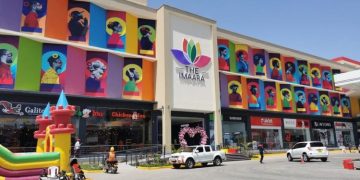
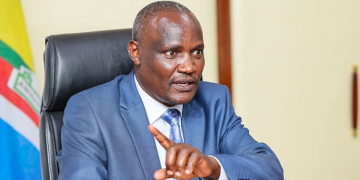
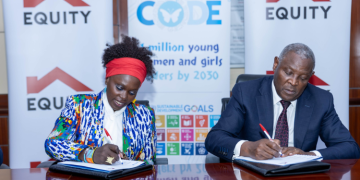




























![Senator Allan Chesang And Chanelle Kittony Wed In A Colourful Ceremony [Photos] Trans Nzoia Senator Allan Chesang With Channelle Kittony/Oscar Sudi]( https://thekenyatimescdn-ese7d3e7ghdnbfa9.z01.azurefd.net/prodimages/uploads/2025/11/Trans-Nzoia-Senator-Allan-Chesang-with-Channelle-KittonyOscar-Sudi-360x180.png)






















